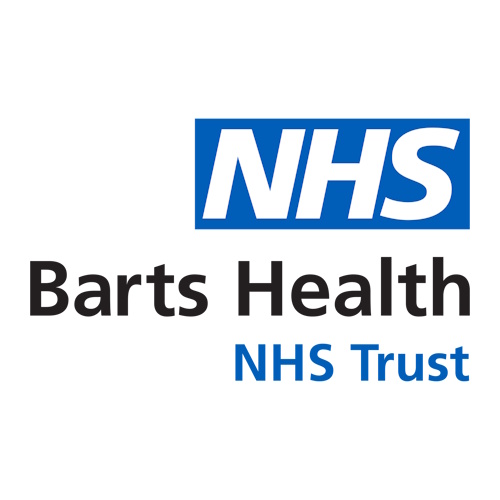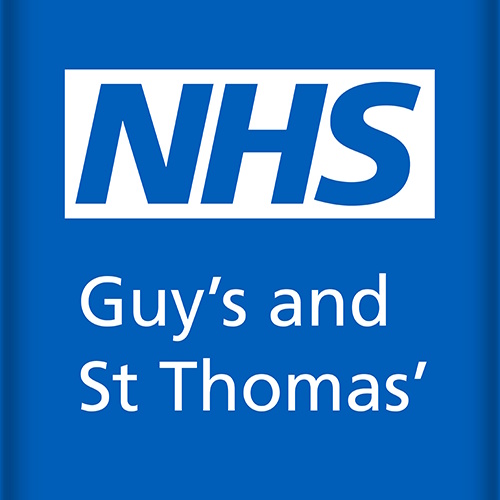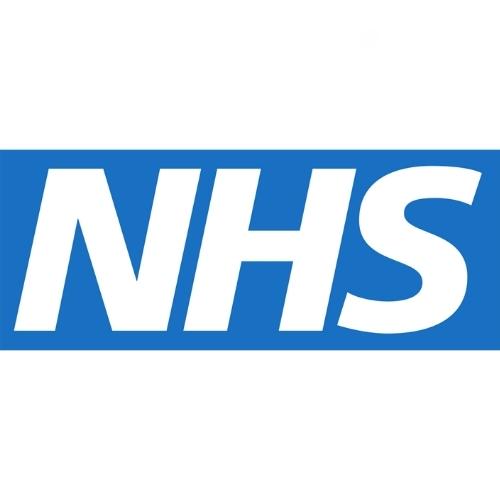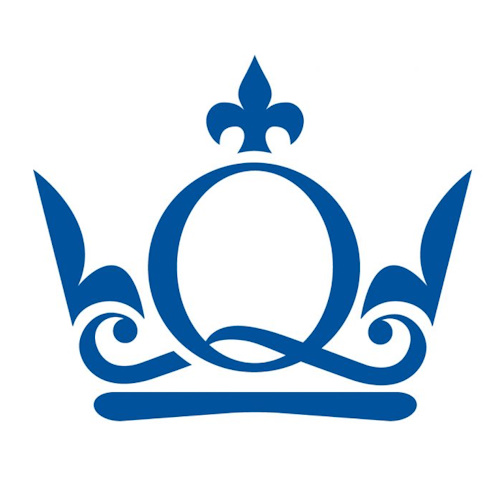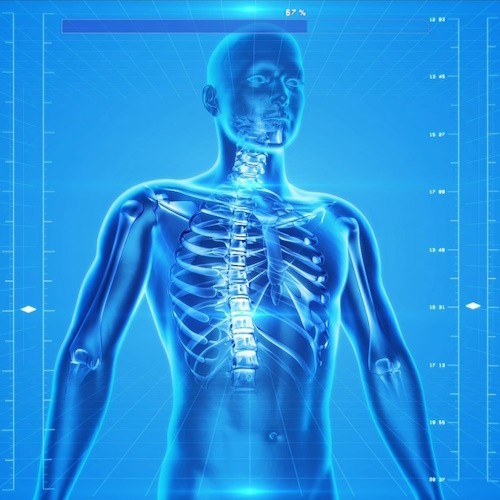Key points from article :
PharosAI, a new AI-powered platform developed by King’s College London, Queen Mary University of London, Guy’s and St Thomas’ NHS Foundation Trust, and Barts Health NHS Trust, aims to transform cancer care by unlocking and digitising NHS cancer data. Supported by UK Government’s Research Ventures Catalyst funding and £24.7 million from charities and industry partners, it will accelerate AI-driven cancer diagnostics and drug discovery, improving detection and treatment for UK patients. The platform addresses major barriers to AI in healthcare by providing secure, high-quality datasets essential for developing advanced models.
The project was showcased at Guy’s Cancer Centre, with Feryal Clark MP, Minister for AI and Digital Government, joining key figures including Professor Anita Grigoriadis (CEO, PharosAI), Professor Sir Mark Caulfield, Professor Louise Jones, Dr Majid Kazmi, Sven Bunn, and Dr Lucie C. Burgess. PharosAI will digitise tissue samples donated by NHS patients and refine them using molecular profiling techniques such as DNA sequencing, creating rich multimodal datasets. This approach will enable AI models to uncover insights beyond human analysis, leading to earlier diagnoses, better predictions of cancer progression, and more personalised treatments.
By uniting leading universities, NHS trusts, industry partners, and charities, PharosAI represents a paradigm shift in AI-powered precision medicine. Experts believe it will democratise cancer AI, ensuring diverse patient data is used responsibly and ethically to develop next-generation therapies. With unmatched access to NHS data and a strong focus on patient involvement and public trust, PharosAI has the potential to significantly improve cancer survival rates in the UK and beyond.
